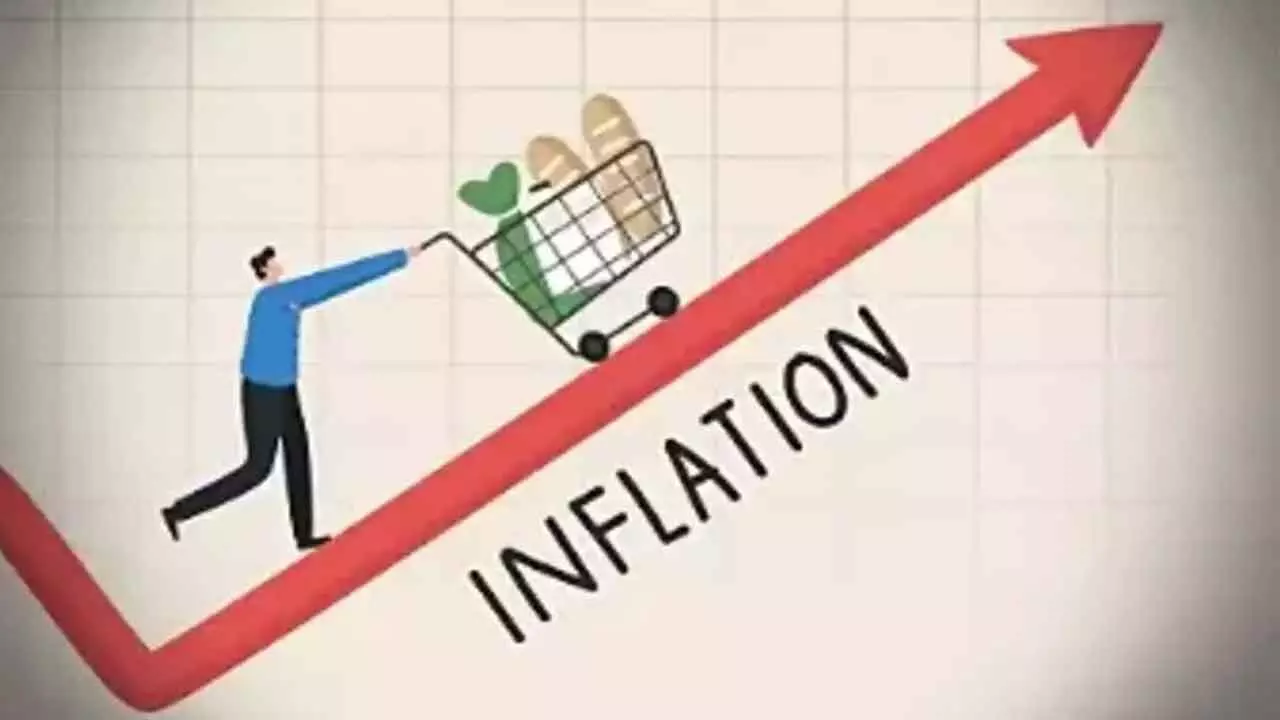Moderate Inflation Is A Tell-Tale Of February Rate-Cut
Moderate Inflation Is A Tell-Tale Of February Rate-Cut

Headline inflation for December moderated to 5.22 per cent, primarily due to easing of food prices, especially vegetables, fruits, meat and pulses. Moderate inflation is reason enough for the Reserve Bank of India (RBI) to go for a rate-cut in February. Core inflation also ticked down to 3.7 per cent mainly due to lower gold and silver prices, with sequential easing continuing to depict weaker domestic demand. January CPI is tracking 4.9-5 per cent so far with continued lower food prices. As of now, analysts do not rule out a cut in February, but they would be more comfortable taking a firm call closer to the policy window, especially with a new Governor for the central bank and MPC in place. January headline inflation is likely to soften to 4.9-5 per cent, with prices of fruit, vegetable, cereals and pulses easing further. Additionally, global edible oil prices have dropped recently, which should percolate to domestic prices imminently.
Although MPC has been wary of higher food spillover risks to core inflation, Emkay still sees core inflation averaging 3.5 per cent in the year and remaining below 4 per cent for the coming months. While the headline CPI trajectory is in line with the RBI’s forecast, easing headline CPI does not guarantee a deep, linear rate-cut cycle. The policy trade-offs are becoming acute with a tricky and small window of conventional rate cuts as global dynamics turn more fluid. Besides, mounting foreign exchange pressures and increasing cost of its intervention will need to be weighed before cutting rates ahead. Given the scenario, experts do not rule out a cut in February, but would be more comfortable taking a firm call closer to the policy window, especially with a new Governor and MPC in place. With the headline inflation stuck stubbornly above five per cent, the probability of a rate cut in the February policy review has certainly receded.However, the considerable decline in vegetable prices that is underway, as per Icra, could convince some MPC members to consider an early cut in the upcoming meeting, as an effective means to support growth.
It has been noticed that vegetable inflation has been a significant contributor to overall CPI inflation in recent months, averaging 36 per cent since September. Just by excluding vegetables, CPI inflation stood at 3.9 per cent, a tad below RBI’s target of four per cent. In addition to the decline in vegetable inflation, ongoing deflation in spices and a fall in inflation of pulses and sugar have further contributed to the overall decrease in food inflation. However, the inflation for edible oils has increased, remaining in double-digit territory for the past two months. The likely moderation in inflation in the coming months, as per CareEdge, will allow the MPC to consider a policy rate cut amid slowing growth.
Driven by a moderation in food inflation , headline inflation may fall below five per cent by fiscal-end. This would create an opportunity for MPC to consider a 25-bps reduction in policy rates in February.

